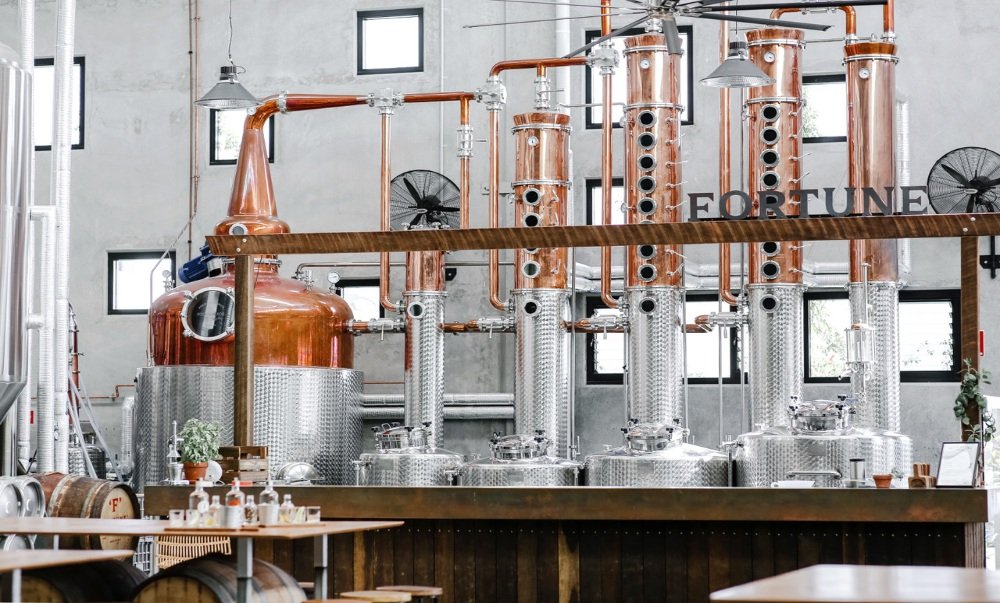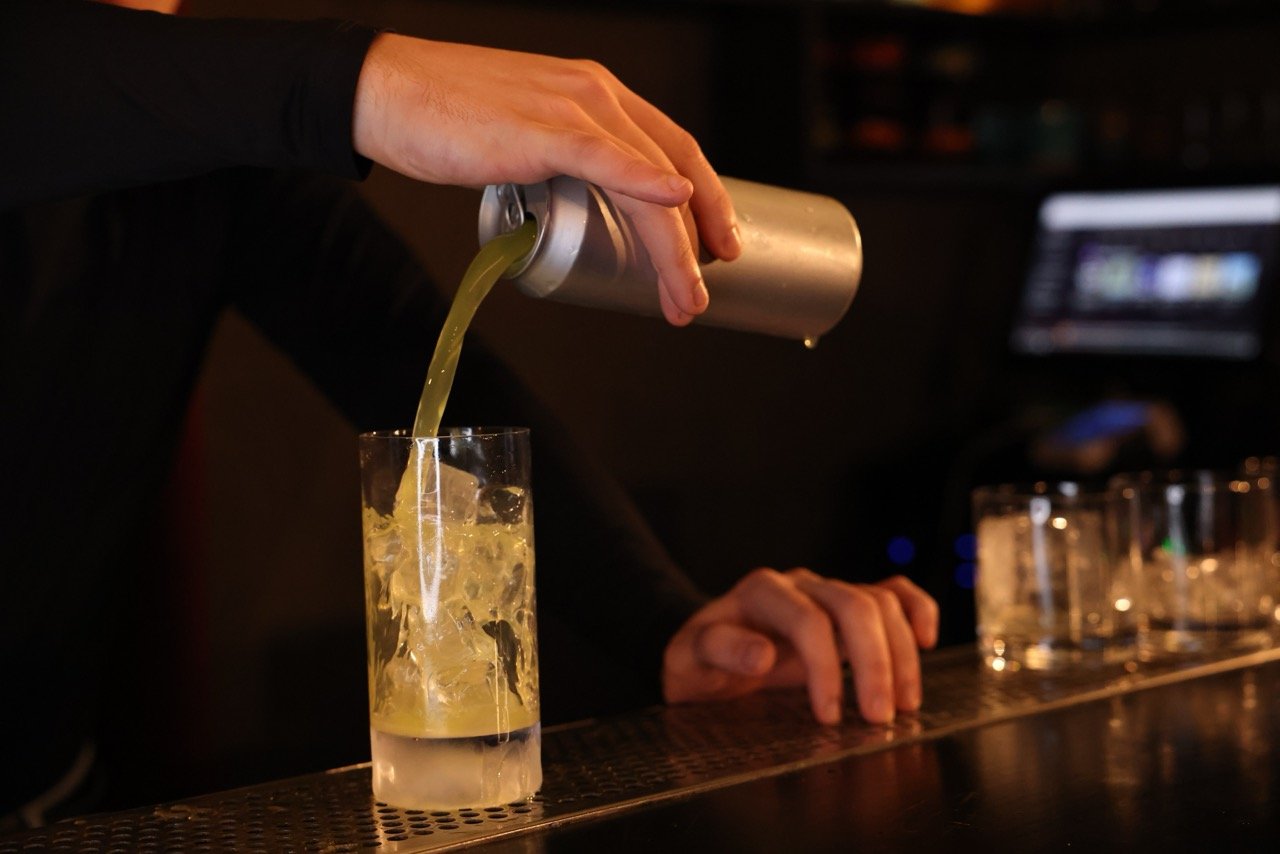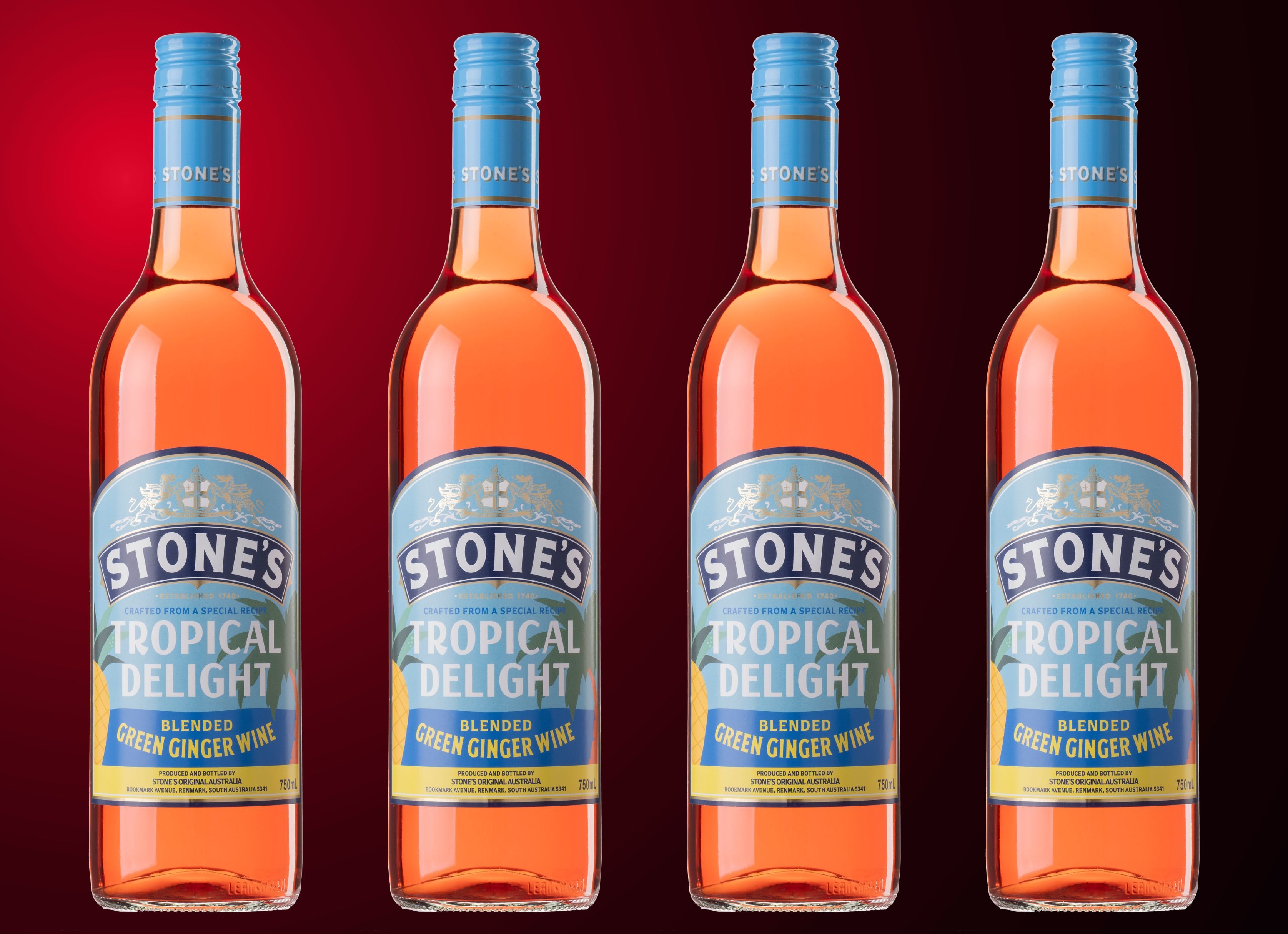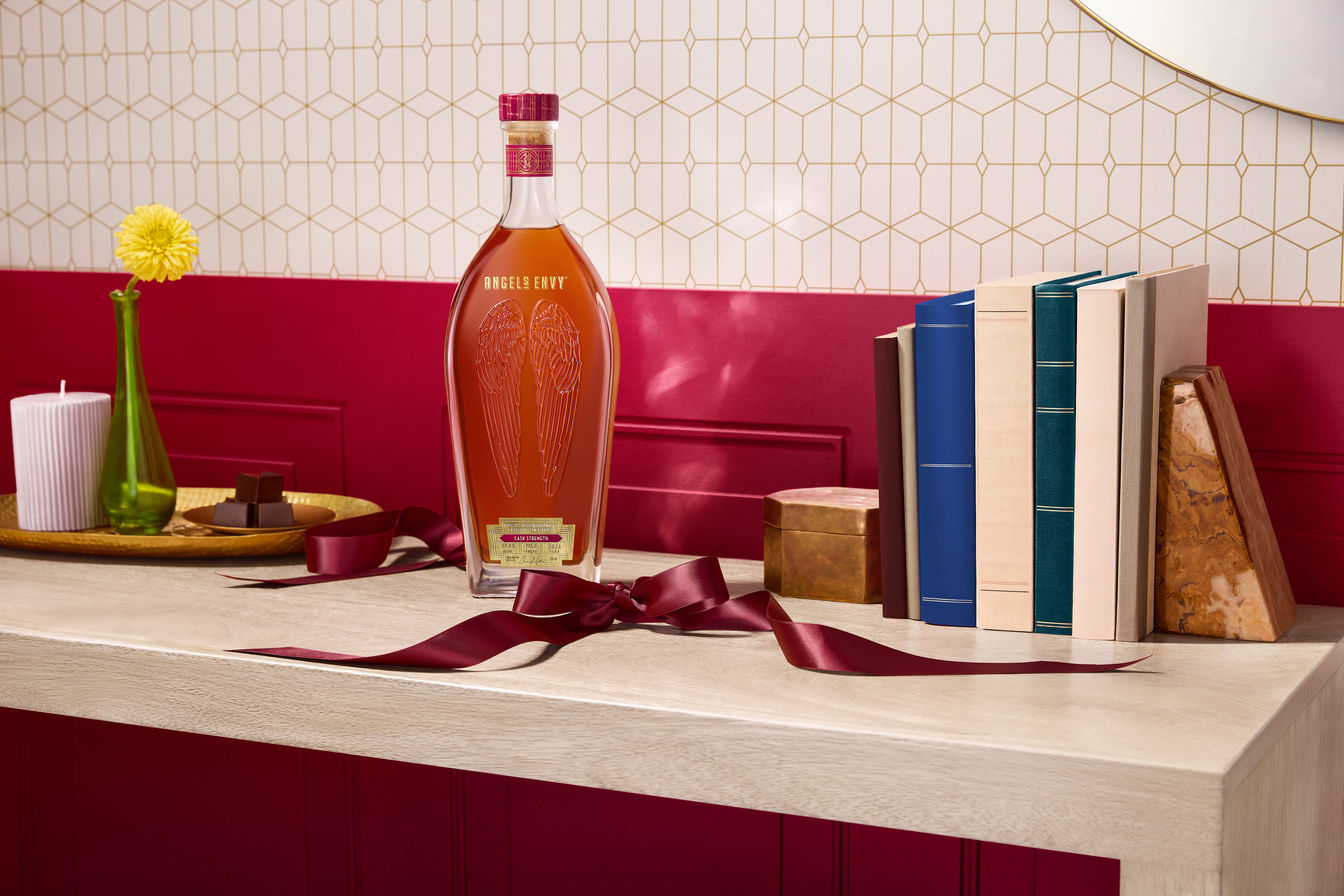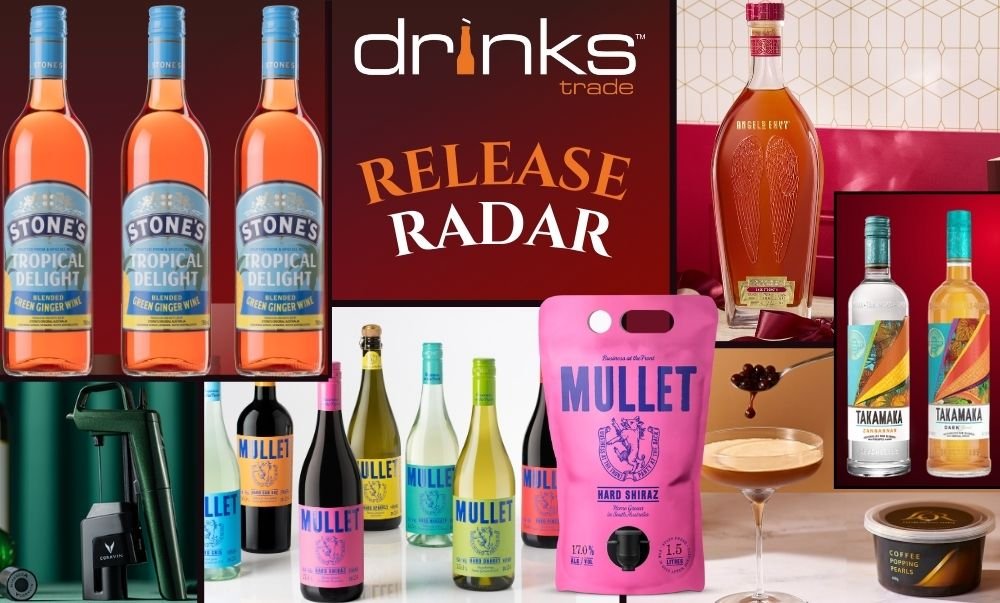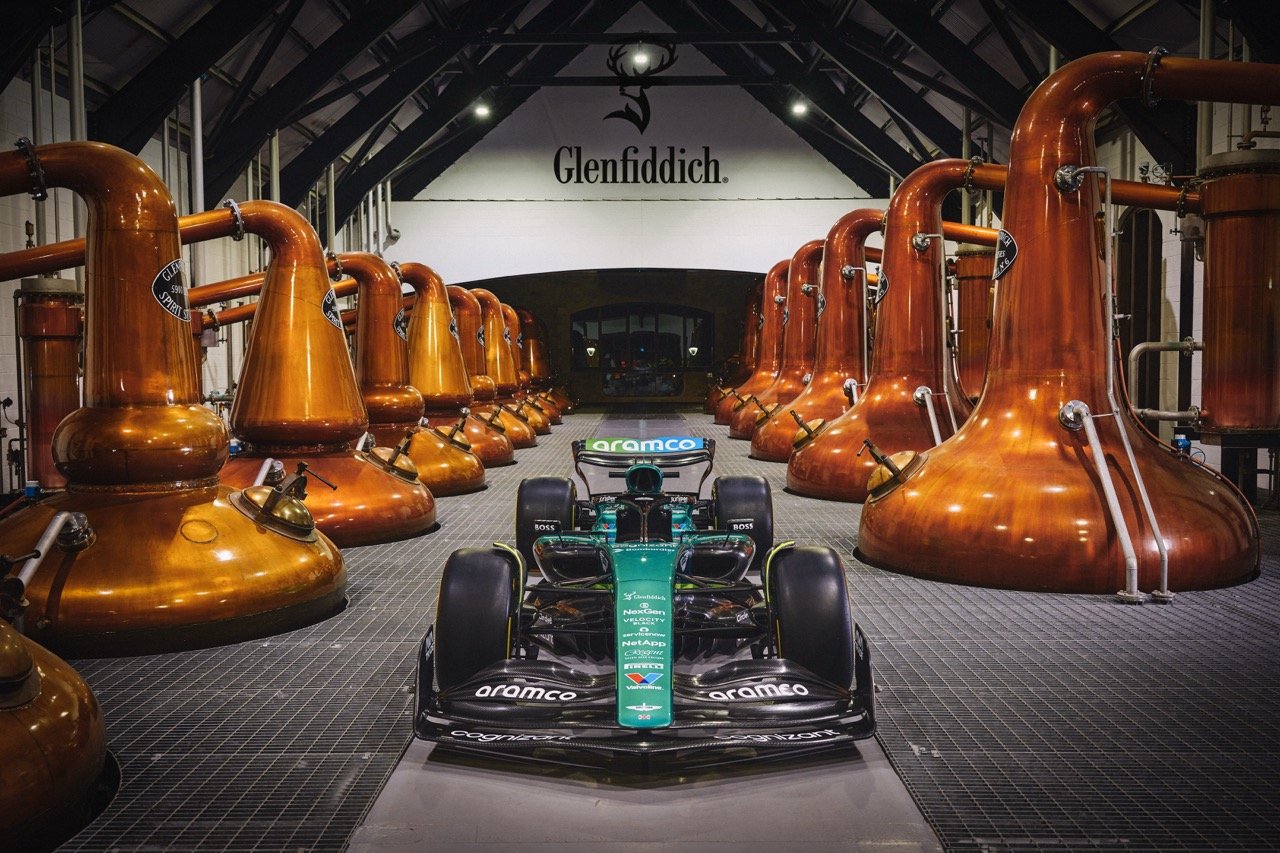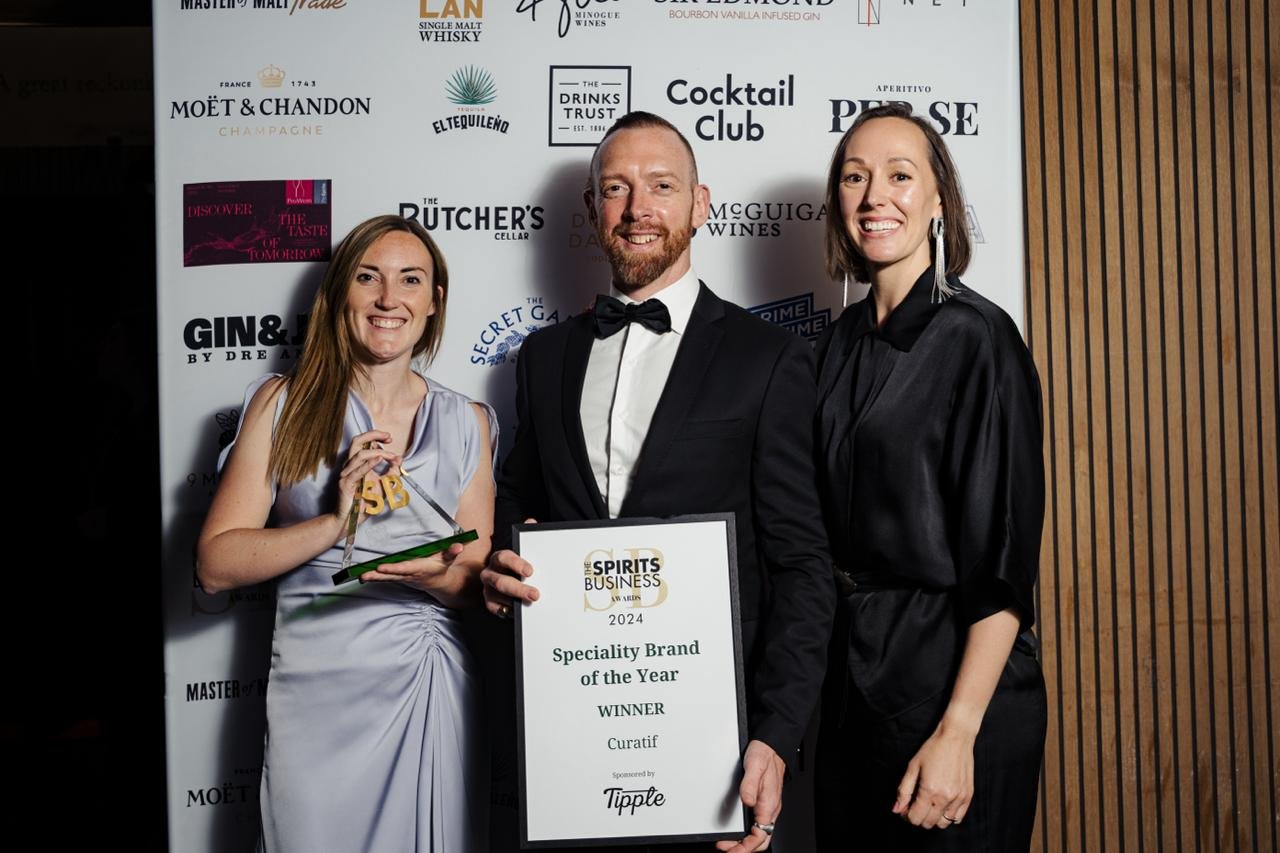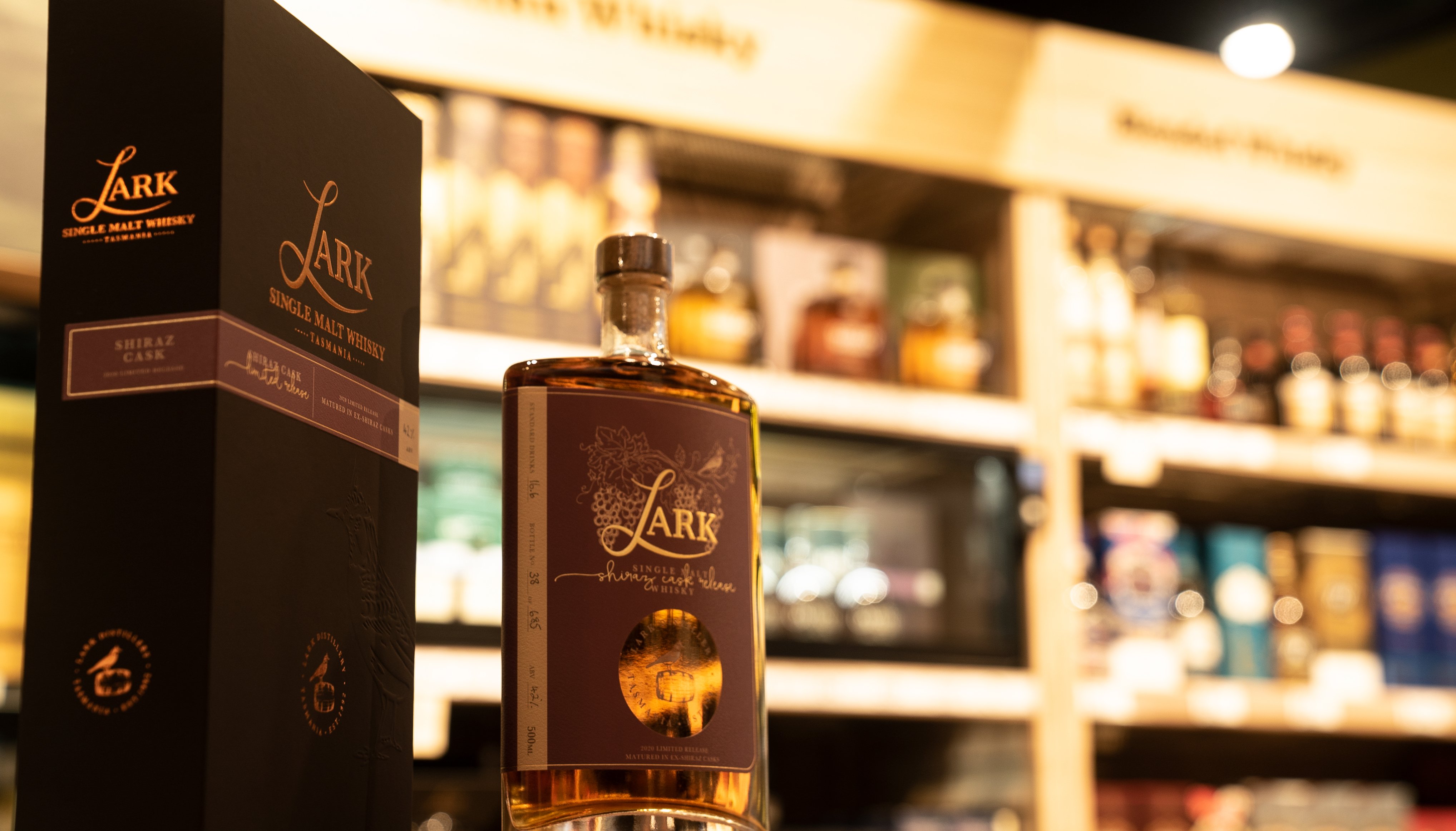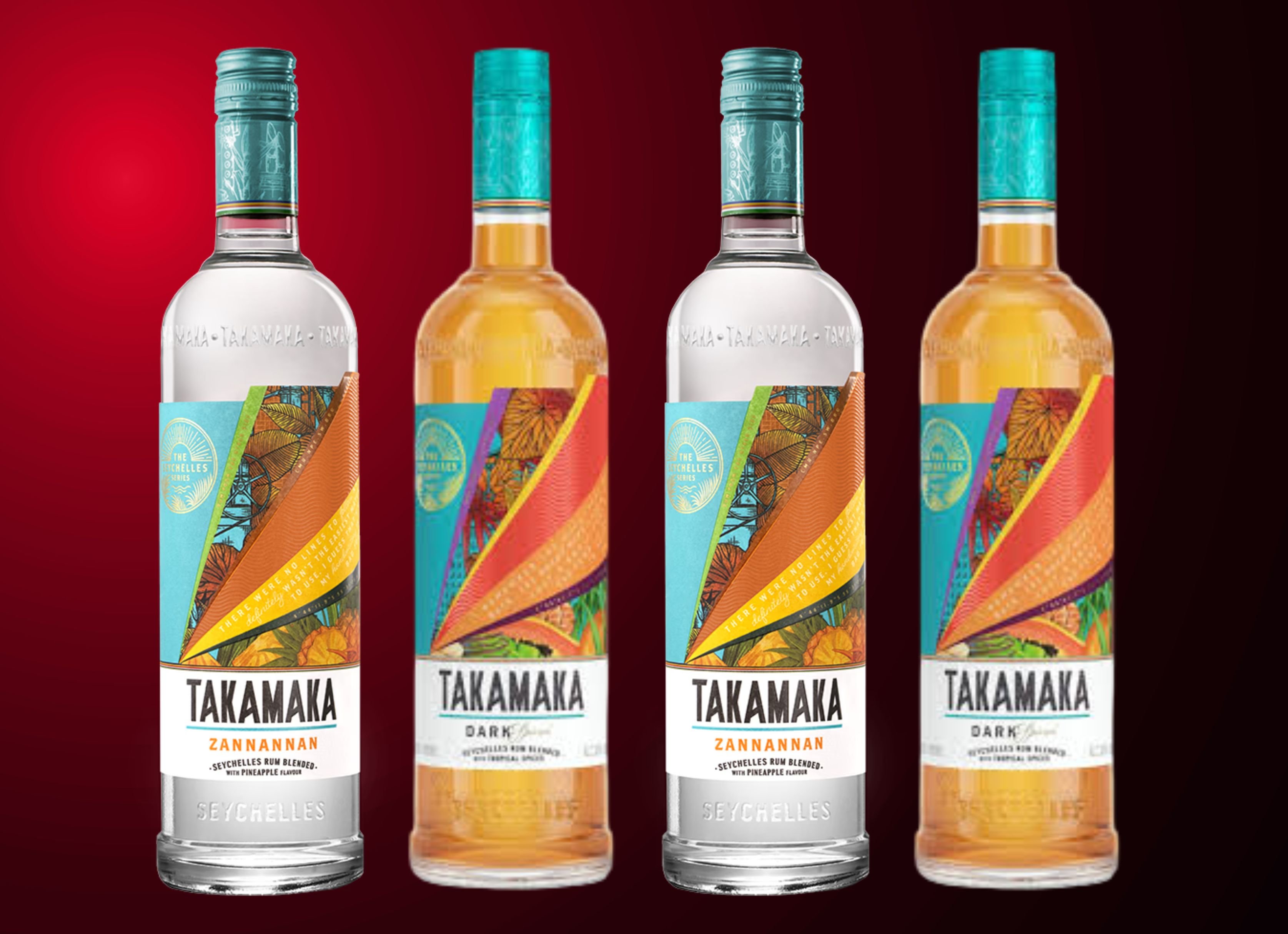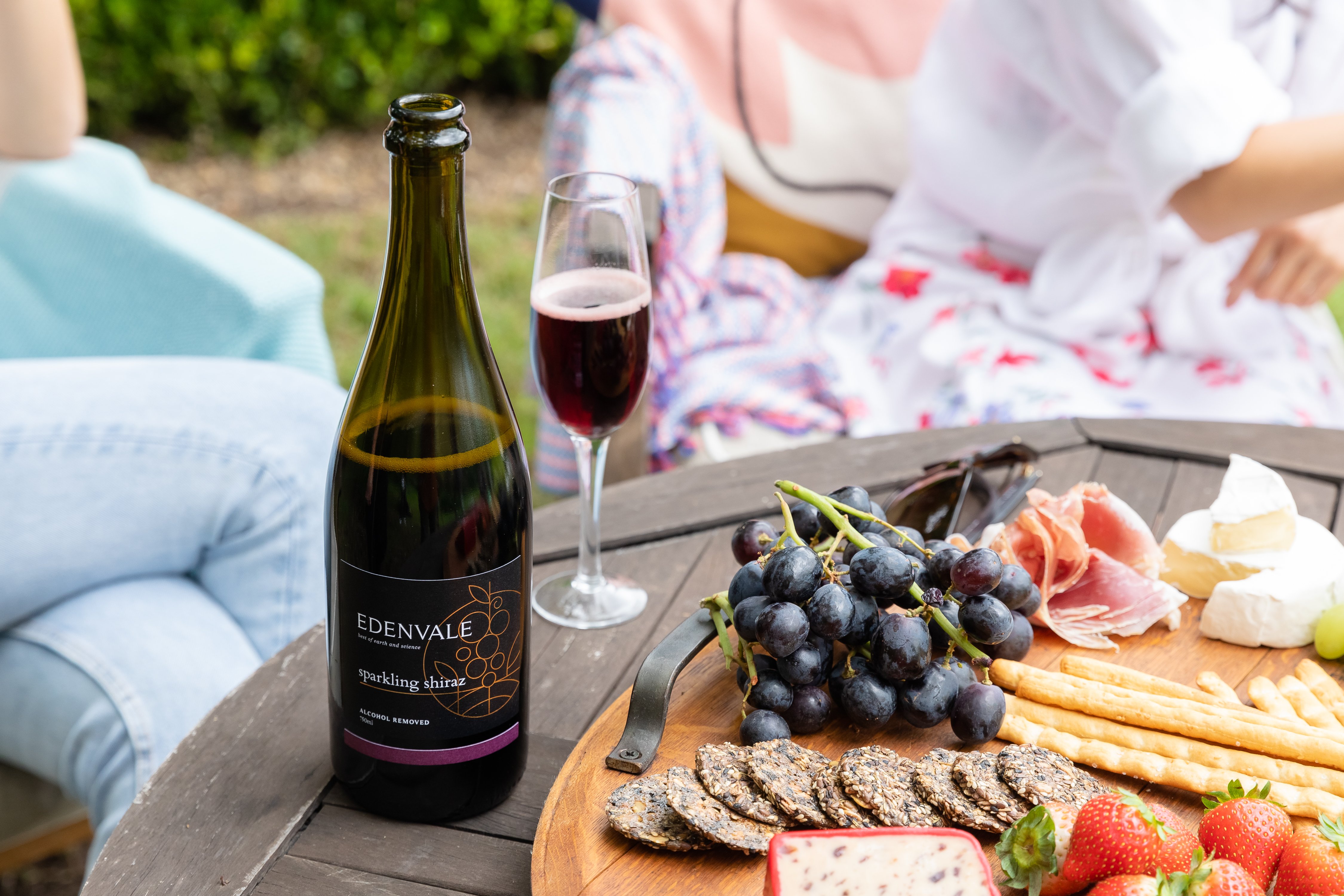Queensland's Liquor (Artisan Liquor) Amendment Bill 2020 passed last night and has been welcomed by the Australian Distillers Association (ADA).
“Today is a win for our inustry and for Queensland. We will see growth across Queensland’s craft liquor industry, agriculture, tourism and hospitality sectors” said Paul McLeay of the ADA.
These amendments will now allow smaller distillers and artisan producers to access the market by authorising:
- On-site sale of craft spirits
- Sale of samples, takeaway sales and supply at promotional and public events
- Online sales
- Eased retail restrictions
Under the measures the Government will also waive application fees for eligible producers seeking to transition to the new artisan producer licence to reflect the impact on industry by COVID-19.
David Ridden – President of the Queensland ADA Branch and Owner and Director of Grandad Jack’s Craft Distillery, Gold Coast said:
"Members across the country are in small regional towns. They do not have access or are not big enough to access those major retailers...This bill will allow small, mainly family-owned businesses to be able to sell their products in a responsible way.”
Approximately 34 independent artisan distilleries operate in Queensland, anticipated to create more than 106 new jobs over the next two years from manufacturing through to customer service.
The ADA believes the new changes are consistent with the responsible service of alcohol and supports consumer appetite for premium brands.
In contrast, Board member of the Independent Brewers Association and local Queensland brewer David Kitchen told the ABC it’s a half-baked solution that requires revisiting.
The new law will allow artisan liquor producers to serve other local drink products by the glass but not as take away. It will also enable them to sell their products at promotional events, such as farmers markets and trade shows.
The amendment is welcome relief for distillers who can now sell their product online, easing the economic downturn for business from the Covid restrictions on movement and venues.
The new regulations also mean significantly reduced costs for would-be craft brewers and artisan distillers when setting up their business: the cost of an artisan liquor licence will be approximately a quarter of a full hotel licence.
But some suggest it would be better if they were able to sell other local producers’ products take-away in an effort to support local industry and act as a collaborative cellar door.
Board member of the Independent Brewers Association and local Queensland brewer David Kitchen told the ABC it’s a half-baked solution that requires revisiting.
He told the ABC an earlier version of the legislation allowed licensees to sell each other’s products take-away, giving broader market access to the craft brewing sector. He also expressed concerns around the definition of promotional events as very narrow citing a local festival in Salisbury where he has a brewery and where he would not be able to trade under the new licence.
“We were basically forced into saying we’ll take a half-effective set of legislation because otherwise, we may get nothing,” Kitchen says.
Tim Crabtree, owner of Noosaheads Distillery and Brewery says it’s a step in the right direction to bring spirits in line with other alcohol beverages. He says being a distiller is the hardest in terms of what you can and can’t do.
“Being able to sell the products of others means we can work together and offer a different range. As an artisan distiller you only make three or four styles so you are limited to what you can offer. It’s hard to make money with the tax, so now at least you can offer a broader base of spirits on a consumer level,” says Crabtree.
Share the content
